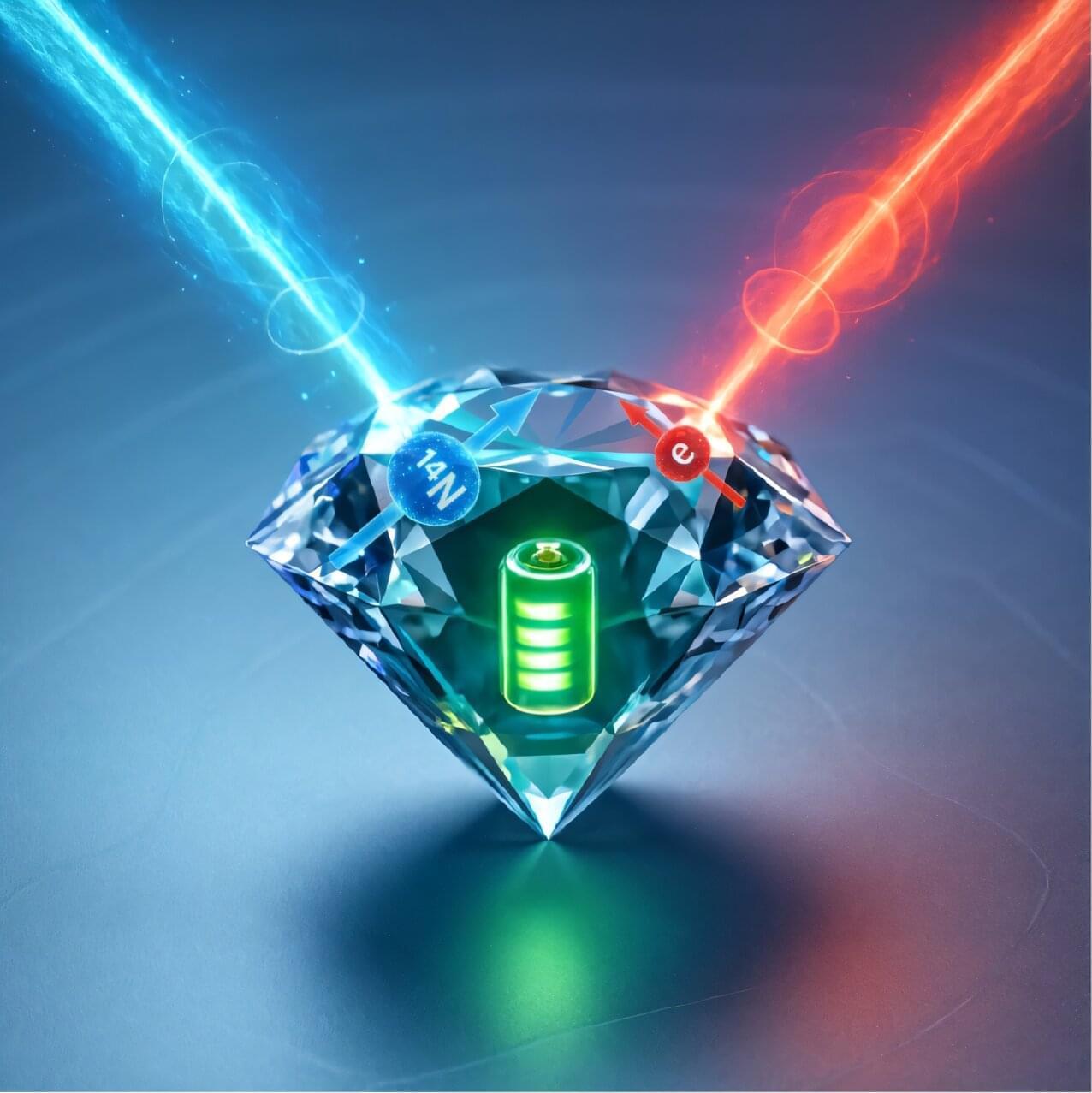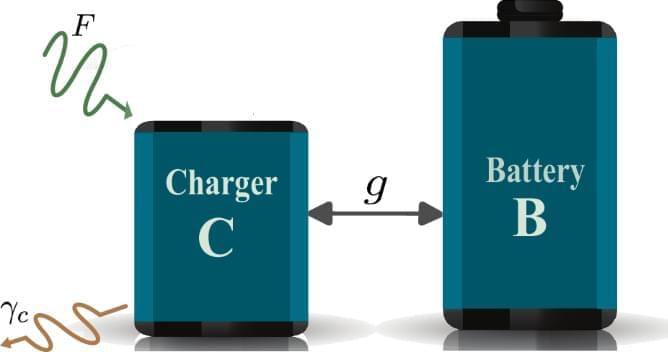Quantum batteries (QBs) are energy storage devices that could serve as an alternative to classical batteries, potentially charging faster and enabling the extraction of more energy. In contrast with existing batteries, these batteries leverage effects rooted in quantum mechanics, such as entanglement and superposition.
Despite their promise, QBs have not yet reached optimal performances, partly because they are prone to decoherence simultaneously. This is a loss of coherence (i.e., the ability of quantum systems to exist in a superposition of multiple states), prompted by interactions between a system and its surrounding environment.
Decoherence causes QBs to self-discharge, or in other words, to spontaneously start releasing the energy they are storing. This self-discharging process has so far prevented the batteries’ practical application.







